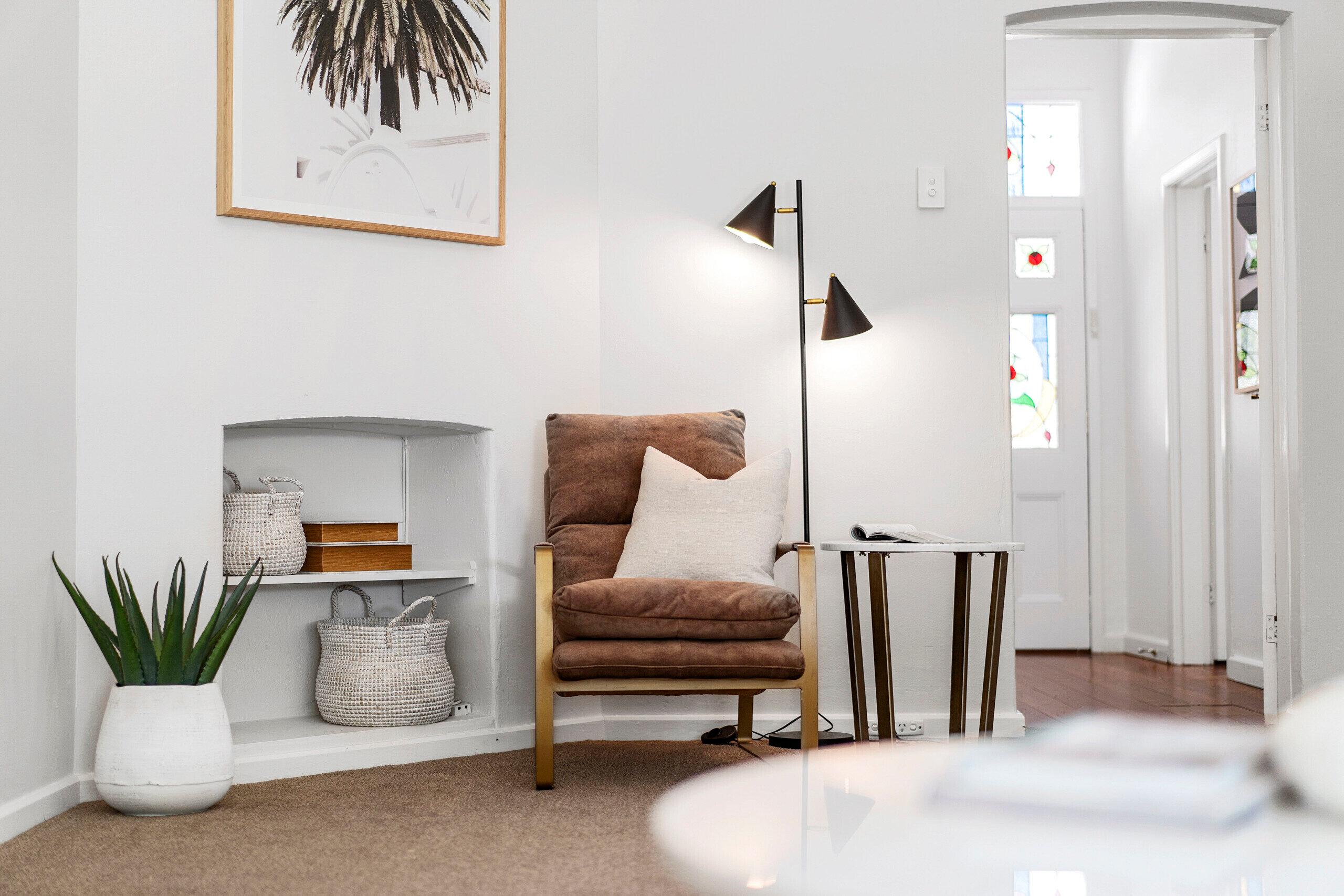
7 Tips for Your Smoothest Move yet
So you've completed the legwork of looking for a new home, you've gone through the motions of negotiating with the real estate agent, and you've finally secured your dream house. Congratulations! But then you come to terms with the fact that you have to place your entire life into boxes and transport it to your new residence… Where on earth you should start? It may seem to be overwhelming at first, but we’ve compiled our list of tips that will make packing a breeze:
1. Start Early
Ideally, you'll know about a move weeks or months in advance. Start by packing up goods that aren't absolutely necessary several weeks before the actual move. Often items in the study or garage don’t get used that often so these rooms can be a good place to start. By starting early, you’ll find that when it's time to move, many items will already be packed and ready to go, giving you less to stress about.
2. Declutter
Packing all your possessions into boxes, bags, and more can be exhausting. Make it a little bit easier on yourself by reducing clutter as much as you can. Before you pack a single box, do a room by room relentless purge of unused or unnecessary items. You'll have less to pack, less to move, and less to unpack—and you'll start life in your new space with a clean slate. Sell items like furniture on Facebook Marketplace and you’ll even have some extra cash in your pocket!
3. Pack Room By Room
By packing one room at a time, you can focus on getting everything in that room properly packed and labelled, which will make it easier to unpack when you reach your new home. You can also avoid the confusion and frustration of having items from different rooms mixed together. Just remember to label each box with the contents and the room it belongs in so you can easily find what you need when you need it.
4. Use The Right Box Size
Large, heavy items like books should be packed in smaller boxes to avoid overloading and making them too heavy to lift. Fill in gaps with clothing, towels, or packing paper. Movers often won't move boxes that feel loosely packed or unbalanced. You should also make sure you have enough boxes so that you don't overload them, as this increases the likelihood that they may break.
5. Disassemble Larger Items
Disassembling mattresses, desks, shelves, and even some larger furniture is a smart idea when moving. This will make the items easier to transfer and protect them from damage. Disassembling bulkier things will also help you fit them into your moving vehicle or storage space. Keep all hardware (screws, bolts, etc.) in labelled plastic bags and tape them to the furniture so you can easily reassemble it in your new house. You may also want to take photos of how the items were assembled to use as a reference when putting them back together.
6. Label Clearly
Labelling makes unpacking and settling in easier. Label each box with its contents, room, and other pertinent information (such as ‘fragile’ or ‘open first’). This will make it easy to find what's in each box and where to store it at your new house. Labelling boxes can also help movers know which boxes to treat carefully and avoid misplacing valuables. Labelling with relevant information can also help you stay organised and avoid rummaging through every box to find what you're looking for.
7. Keep Essentials Separate
On the night before the move, tuck everyday essentials - a change of clothes, fresh pyjamas, a toothbrush, a must-have stuffed animal/toy for the kids, medications, paperwork, etc. into a suitcase or bag you'll keep with you. If catastrophe strikes and the moving truck gets lost, at least you'll have some essentials with you. It’ll also mean that you won’t need to rummage through all the boxes to find your toothbrush or pyjamas after a long day of moving.
Remember to take your time, stay organised, and enlist the help of family and friends if necessary. Good luck with your move!